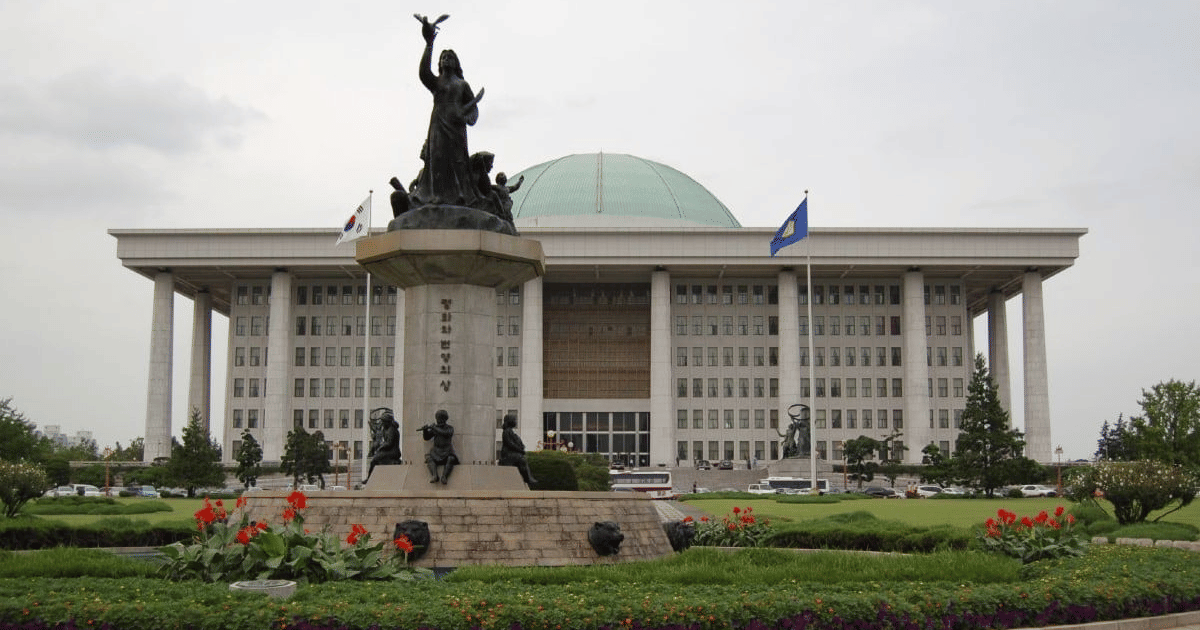 |
|
The political landscape of South Korea is currently embroiled in a dramatic showdown, with President Yoon Suk Yeol facing the very real possibility of impeachment. The catalyst for this crisis is President Yoon's controversial attempt to impose martial law on December 3rd, a move swiftly condemned by opposition legislators and deemed an unconstitutional overreach of presidential power. This action, which was quickly revoked after failing to gain parliamentary approval, is at the heart of the impeachment proceedings now underway. The opposition alleges that the president's actions constitute a grave breach of his constitutional responsibilities, amounting to an act comparable to treason. The severity of the accusations underscores the intense political polarization gripping the nation. The opposition's swift and decisive reaction highlights the deep-seated distrust and the lack of political consensus currently prevailing in South Korean politics.
The South Korean Constitution meticulously outlines the procedure for presidential impeachment, demanding a supermajority vote – specifically a two-thirds majority – in the single-chamber parliament. This high threshold reflects the gravity of removing a democratically elected leader from office. To initiate impeachment, the parliament needs to pass a motion demonstrating that the president has violated either the Constitution or the law while performing their official duties. This process isn't merely a symbolic gesture; it demands a rigorous and thorough assessment of evidence to substantiate the accusations. This is where the Constitutional Court plays a crucial role. Once an impeachment motion is passed by the parliament, the Court assumes the responsibility of conducting a full-fledged trial. This trial is not just a formality; it involves a careful examination of all the evidence presented by the parliament to determine whether or not the charges against the president are valid.
The current political dynamics within the South Korean parliament significantly impact the likelihood of Yoon's impeachment. The main opposition party, the Democratic Party, holds a considerable number of seats, but they fall just short of the two-thirds majority required to pass the impeachment motion. This leaves the outcome hanging in the balance, contingent upon the actions of other parties, including members of President Yoon's own ruling People Power Party. Some members of the ruling party have expressed discontent with Yoon's actions, signaling a potential fracture within his support base. The willingness of these members to cross party lines and vote with the opposition will prove decisive in determining whether the impeachment motion succeeds. This precarious situation highlights the inherent volatility and unpredictability of South Korean politics, where alliances can shift rapidly and unexpected outcomes are a distinct possibility.
The legal process of impeachment, if successful, involves a temporary suspension of the president's duties, with the prime minister assuming the acting leadership role until the Constitutional Court renders its verdict. The Court's proceedings, involving presentations from the parliamentary justice committee and the president's representatives, are far from swift. The Court is allotted a maximum of six months to reach a decision, either affirming or dismissing the impeachment. A successful impeachment, requiring six out of nine justices to vote in favor, would necessitate a fresh presidential election within 60 days. This underscores the significant disruption to the political order and the potential for instability in a relatively stable region. The situation is also further complicated by existing calls for special inquiries into a scandal involving Yoon's wife, highlighting a broader context of political and ethical controversies surrounding his presidency.
The case of President Yoon’s potential impeachment mirrors the events that led to the removal of former President Park Geun-hye in 2017. Park's impeachment, approved by parliament, despite support from some members of her own party, involved accusations of corruption and abuse of presidential power. The Constitutional Court's affirmation of her impeachment led to a swift presidential election. This historical precedent provides a framework for understanding the potential consequences of President Yoon's current predicament. The speed and decisiveness of the parliamentary vote in Park's case emphasizes the urgency and gravity with which the South Korean public can react to presidential misconduct. While this parallel may not guarantee a similar outcome for Yoon, it serves as a significant reminder of the potential consequences of defying public will and acting in a manner deemed unconstitutional or unlawful by the legislature and the courts.
Ultimately, the fate of President Yoon Suk Yeol rests with the Constitutional Court. Their decision will not only shape the immediate political future of South Korea but will also leave a lasting impact on its democratic institutions and processes. The intensity of the debate, the close division within parliament, and the historical precedent of Park Geun-hye's impeachment all contribute to the gravity of this situation. The coming weeks and months will be crucial in determining whether South Korea can navigate this political crisis without further instability, and whether the legal process will uphold the principles of constitutional democracy.
Source: South Korean President Yoon Faces Impeachment Amid Martial Law Controversy—All About It
